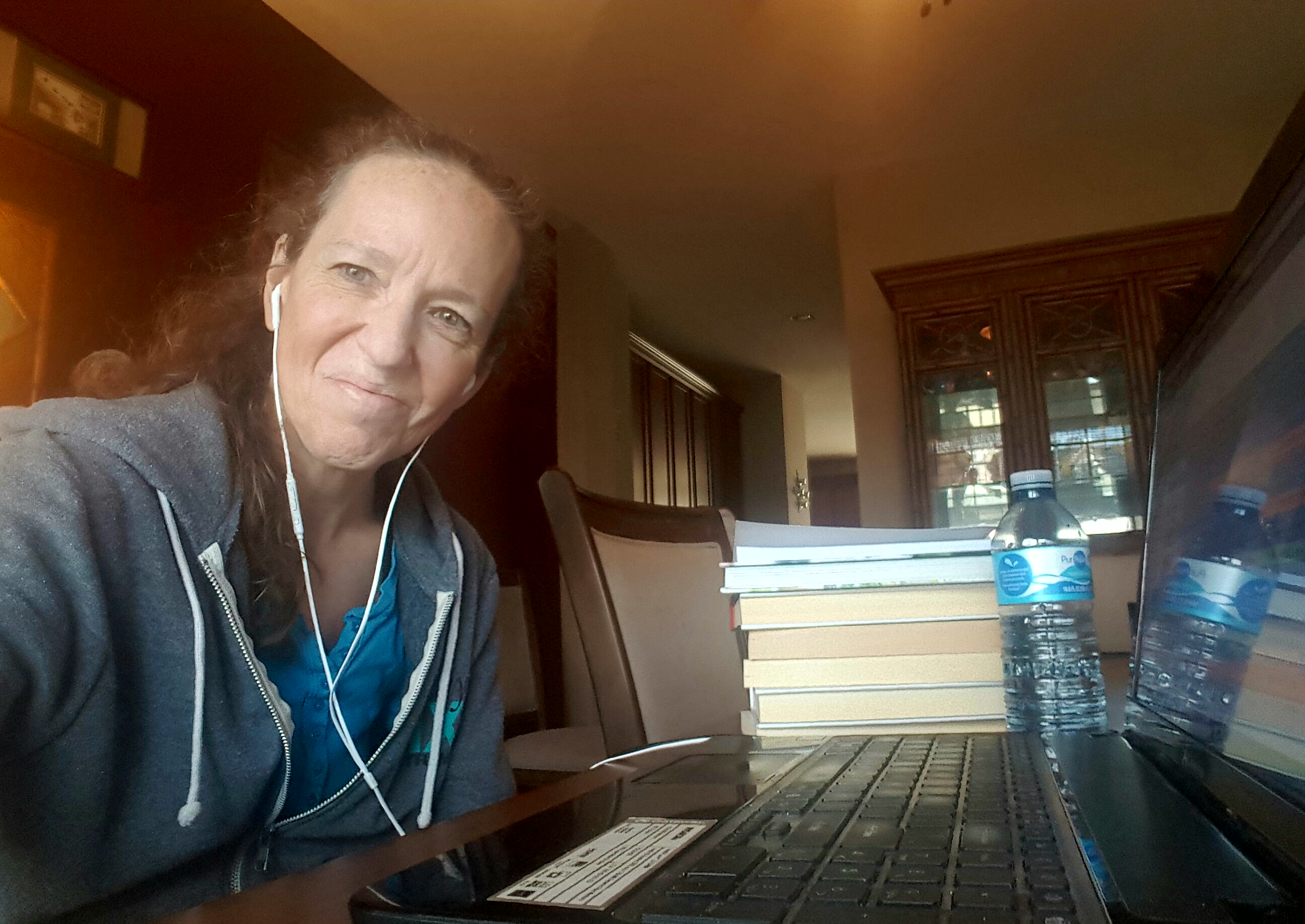Tips on College Installment 4 Online Courses

Online Courses
I am Going to Take an Online Class – It will be easy.
How many of you have this picture in your head of sitting in front of a computer in your pajamas taking a course at your leisure time? There are a lot of people out there who have ideas about taking an online course in college. Often some degrees are delivered entirely online.
In 2016 it was estimated that one out of four students was enrolled in an online course. At that time the number grew to 5.8 million students nationally utilizing their computers to take classes. The online delivery of courses offered by colleges and universities has increased each year. Is it a choice you would make?
Historical Look at Online Learning
Online learning and education are now utilized throughout much of higher education. In the 1960s, the first version of online learning emerged. The start was a room filled with computers that connected by cables created by a state university, hence then labeled online learning for the first time and creating quite a shock then. This was done to allow a way for students to be all working simultaneously. Often the first online courses were taught remotely with the instructor not in the same room as the bank of computers.
This delivery method sent concern throughout higher education then. This concept was new and a far step away from the traditional arena in education, but nothing like the online learning of today (Harasim, 2000). The end of the 1980s brought the wave of web-based online learning that has evolved and is more recognizable and in use now (Allen & Seaman, 2007). Today online learning is not scrutinized as being new and unproven, although there is some criticism of this method of course delivery.
My Experience
I made it work, yet it was a very hard situation for me. It may have been the course, or the instructor, or the delivery, or me. It is too late to know, but it left a definite image in my head of how I would be as a professor in online courses.
Blended Courses
Many traditional courses are considered blended. The process means that the students meet at the school for classes and there is a component of the courses done outside of class online. This is a widely used method of delivery that allows for students to gain more knowledge. In addition, it helps satisfy compliance with higher education requirements. Furthermore, it is also a way that papers are placed in course shells that eliminate the need for papers to be printed, thus saving a tree! Indeed this is a bonus to all online courses.
My Own Experience with My Online Students
My students are at varying degrees of preparedness for online courses. Some of the students transition quickly and are very autonomous and self-directed. These students are active go-getters that love learning. Many take charge of their own learning in courses by doing what is expected and more!
Other students have a significant learning curve to understanding how technology works, how the balance works of school, work, and life, and how they are supposed to approach online learning. I try very hard to reach these students immediately when I see a slight hesitation or any timing issues in their work. The universities often provide students with tutorials that aid them. Still, occasionally some students never adapt to courses on the computer.
Ready?
Will you take an online course? Are you ready? My hope is that I helped clear up any confusion there was about online learning.
If you loved this blog, please share it, provide comments below, or reach out to me.
Latest posts by Cindy Stevens (see all)
- Hydration Matters - March 26, 2024
- Limited Time to Exercise - March 26, 2024
- A New Day A New You - January 12, 2024
- Hello 2024 - January 5, 2024
- Food Prep Time - December 29, 2023



